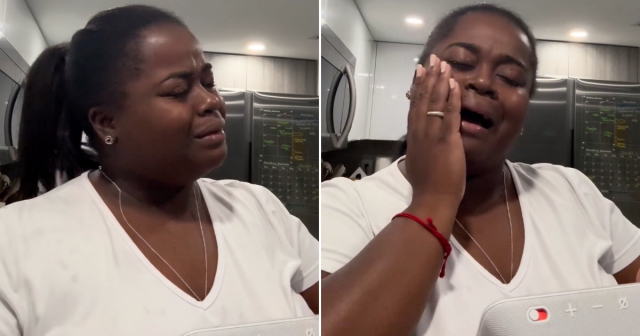The song "Alibi" by Sevdaliza, Pabllo Vittar, and Yseult has become a viral phenomenon on TikTok, thanks to its catchy chorus that includes the phrase "Rosa, qué linda eres." This sensual melody has captured the attention of millions of users on the social network, who have used it in a multitude of videos. But did you know that the origin of this phrase is Cuban?
The phrase "Rosa, how beautiful you are" comes from a sample of the song of the same name from 1927, performed by the Sexteto Habanero, a classic of Cuban music. This piece, considered a masterpiece of son cubano, was later reinterpreted in Colombia by Magín Díaz and popularized by artists such as Carlos Vives, Irene Martínez, and Joe Arroyo.
The use of this fragment pays tribute to the rich musical tradition of Cuba, bringing the song back to life in a global context. In "Alibi," Sevdaliza, Pabllo Vittar, and Yseult perform the lyrics in a mix of languages: Spanish, Portuguese, English, and French, while the central message of the song is the celebration of female power and sisterhood.
The origins of the song "Alibi" have been pointed out by TikTok users like @cubita.blog, who summarized the roots of the musical hit.
The fact that, after almost 100 years, the song by the Sexteto Habanero continues to be covered and resonates internationally demonstrates the cultural richness of Cuban music in Latin America and around the world.
What do you think?
COMMENTFiled under:
